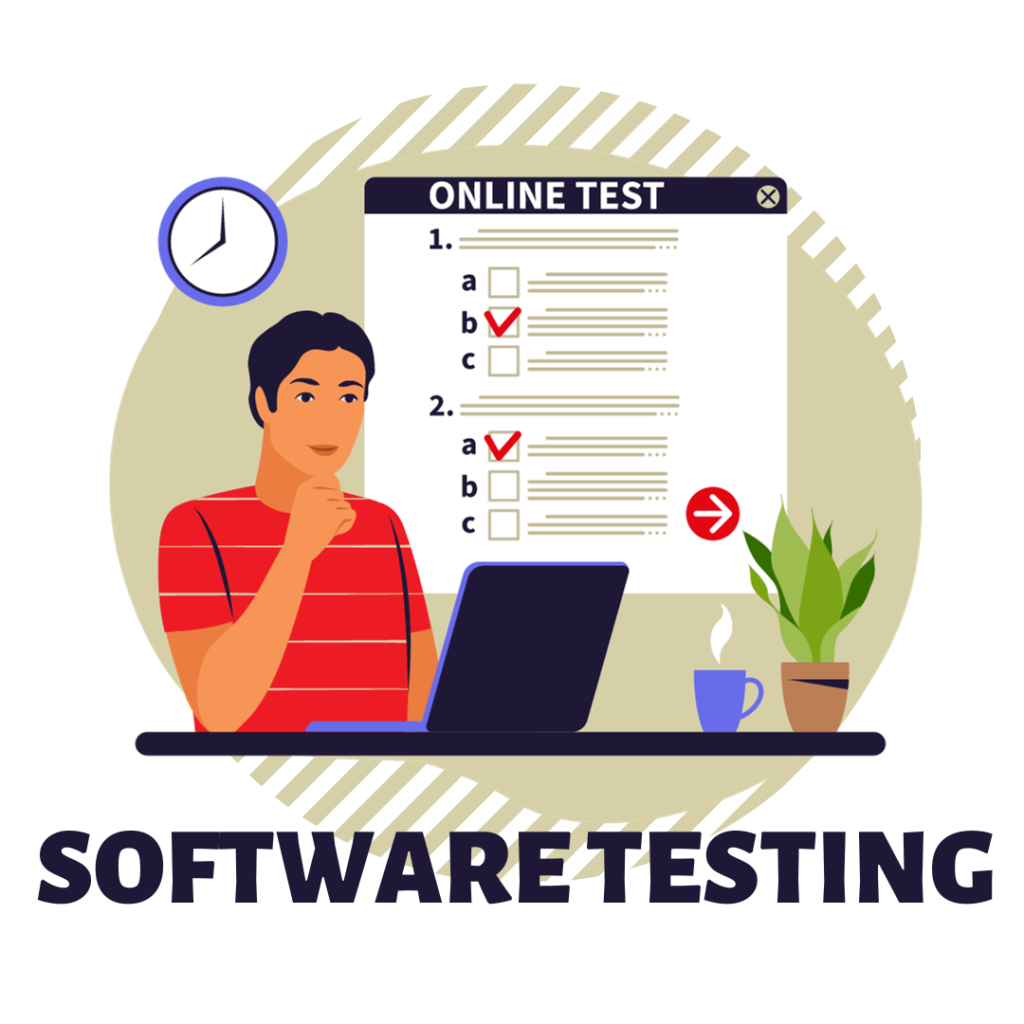
Introduction:
In the dynamic world of software development, ensuring the reliability and functionality of your applications is paramount. Regression testing, a fundamental part of software testing, plays a crucial role in achieving this goal. This comprehensive guide delves into the realm of regression testing, explaining its purpose, significance, and best practices to help you maintain error-free software.
What is Regression Testing?
Regression testing is a core component of software testing that involves reevaluating previously tested code when changes or updates are made to the software. Its primary objective is to ensure that new code modifications do not introduce unintended side effects or break existing functionalities.
The Importance of Regression Testing:
Regression testing holds several key advantages:
- Bug Detection: It helps identify and rectify any newly introduced defects promptly.
- Stability Assurance: Ensures that existing features and functionalities remain intact.
- Quality Maintenance: Maintains software quality, enhancing user satisfaction.
- Cost Savings: By catching and fixing issues early, it reduces the cost of addressing problems in the production environment.
Best Practices for Regression Testing:
- Set Automation: Utilize test automation tools like Selenium and TestNG to execute test cases efficiently and consistently.
- Test Case Selection: Prioritize test cases based on their criticality and frequency of use to optimize testing efforts.
- Continuous Integration: Integrate regression testing into your Continuous Integration/Continuous Deployment (CI/CD) pipeline for early issue detection.
- Regression Test Suites: Maintain well-organized and up-to-date regression test suites to ensure comprehensive coverage.
Regression Testing Tools:
- Selenium: A widely used open-source tool for automating web application testing.
- JUnit: A Java-based testing framework for unit testing and regression testing.
- TestNG: A testing framework inspired by JUnit, designed for test configuration and parallel execution.
- Applitools: A visual testing and monitoring platform for detecting visual regressions.
Overcoming Challenges:
Regression testing, while essential, can pose challenges like test suite maintenance, test data management, and selecting the right test cases. Addressing these challenges is crucial for an effective regression testing strategy.
Conclusion:
Regression testing in software testing is your safeguard against regressions and defects that can jeopardize software quality. By implementing best practices and harnessing the power of automation tools, you can ensure the reliability and excellence of your software products. Don’t leave software quality to chance—embrace regression testing and deliver top-notch applications to your users.